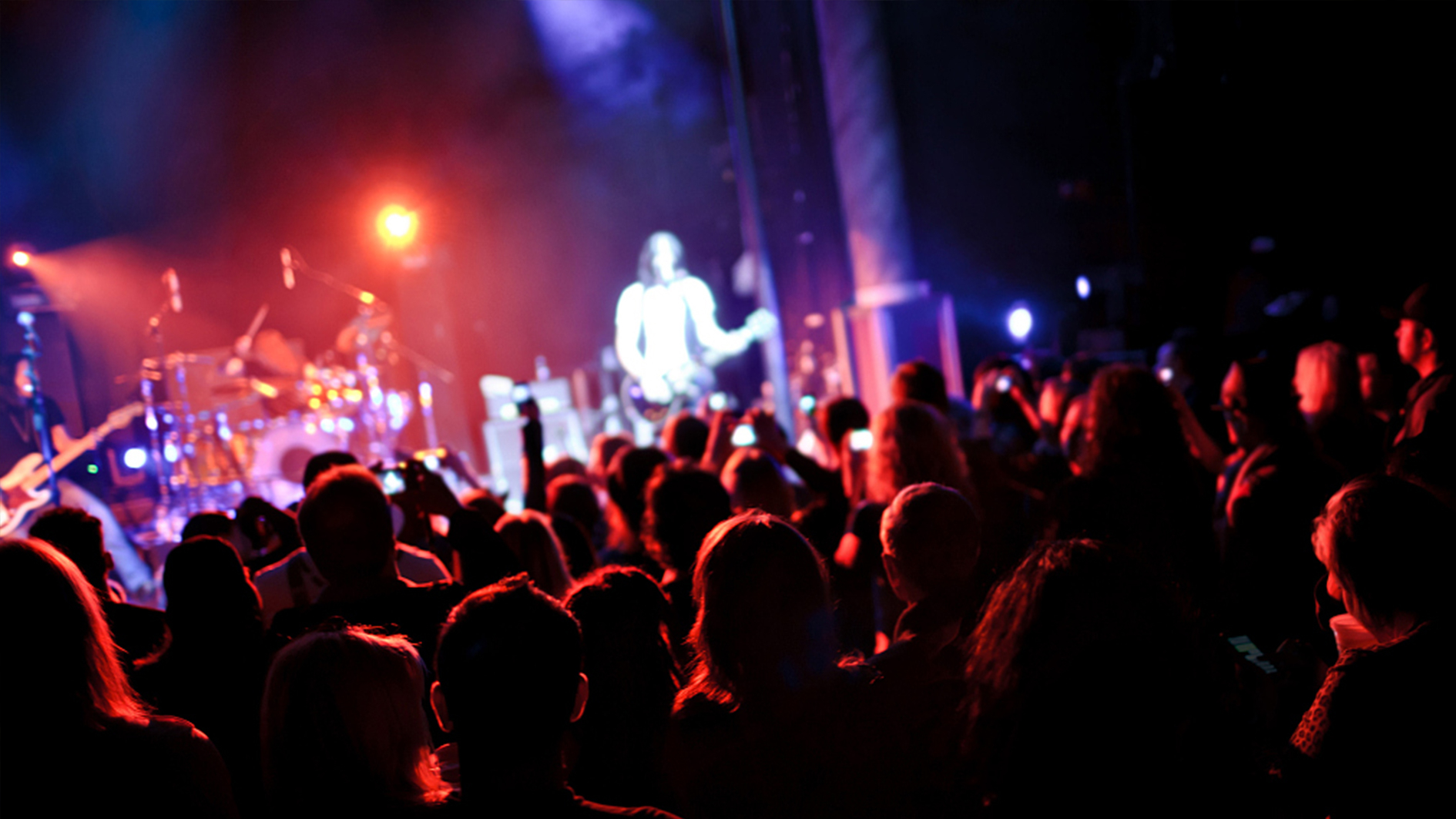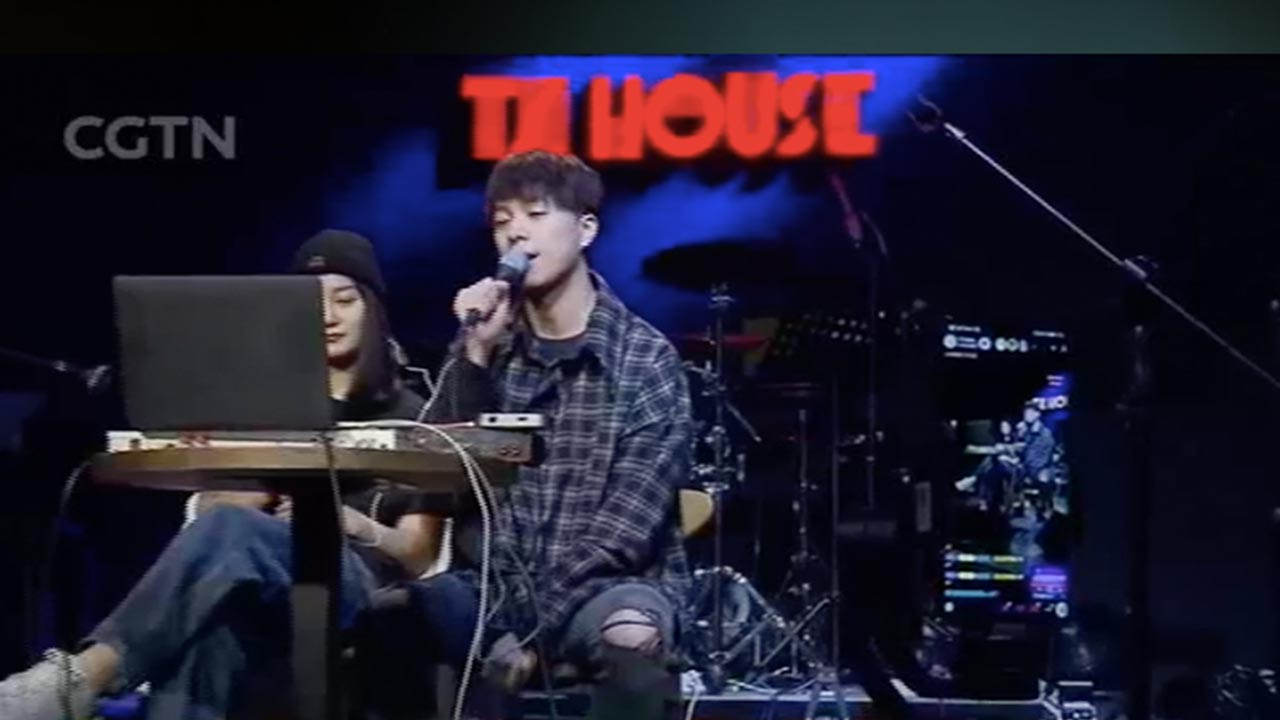03:25

China has seen a rapid growth in its entertainment industry in recent years and has been promoting what it calls the nightlife economy, in which shows and performances are heavily featured. While the novel coronavirus outbreak has been very hard on the entertainment sector across the country with virtually all live performances cancelled, cloud-based performances have filled some of the gaps.
"What we see from the one month after the outbreak, in tier-one and tier-two markets, the overall consumption volume has down by 39 percent. For the night economy part, the impact is even more severe, the consumption volume is down by around 46 percent," said Vincent Shao, commercial director at Kantar Worldpanel – a global data and consulting company.
To beat the outbreak, companies have put events online - concerts, dances and plays have filled livestreaming apps for the past month.
Entertainment firm TZ Media, for example, started moving its performances to livestreaming apps as soon as its offline shows were shut down.
The online performances are free, so the firm is not betting on the new presentation to offset its losses during the epidemic, but rather is counting on the livestreams to maintain visibility.
So far, the strategy seems to have worked -- thousands of virtual gifts have been sent to performers during the livestreaming, and a certain amount of them can be converted into cash, said TZ Media.

Entertainment firm TZ Media has online performances on livestreaming app during the coronavirus outbreak. /CGTN
Entertainment firm TZ Media has online performances on livestreaming app during the coronavirus outbreak. /CGTN
"We now have online performances on livestreaming app Douyin every Friday, Saturday and Sunday. The schedule is fixed. We want a larger online viewer flow and brand recognition," Jiang Mengjiao, event director at TZ Media, said.
One five-day online concert, held by entertainment firm Modern Sky, attracted almost one million viewers. And the famous idol group SNH 48 has been catching on to others' livestreaming experiences. In addition to concerts, ballets and dramas have also been brought onto the internet during the epidemic. Moreover, some DJs have been playing on the livestreaming apps.
In more normal times, all these would have been staged at night, but the free online shows have broken with traditional schedules, bringing you nightlife any time of the day.
"Almost 60 percent of the consumers watch short videos to kill time during the outbreak. The implication for the entertainment businesses is that the performances usually to be held at night, now can be scattered and viewed during different slots of time," Shao said.
But no one's sure just what the effect of all this will be on traditional offline performances once the virus threat disappears, and Shao says that may take a while.
"What we are seeing there is that there is a new emerging opportunity, one that focuses on the in-house and immediate, that brings a temporary effect to the consumers which we believe will last for a while after the outbreak," Shao said.